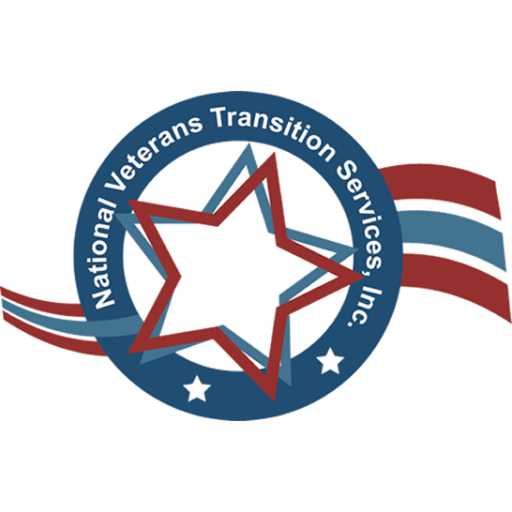With Veterans Day capping the week, the Board of Supervisors on Tuesday hosted a “Leave No Veteran Behind” conference, an afternoon of presentations by veterans and groups that support San Diego County’s men and women who have served.
Tuesday November 8, 2011. It was a chance for the Board to consider the needs of the region’s approximately 247,000 veterans, the programs that serve them now, and what more the County can offer, said Board Chairman Bill Horn.
“We need to respect our veterans and assist them in re-acclimating to our society, and we want to honor our veterans by doing what we think is the right thing to do, not just on Veteran’s Day, but 365 days a year,” Chairman Horn said in introducing the conference. “What’s wrong, what are we doing right, and what can we do better?”
At the day’s conclusion, the Supervisors voted unanimously to direct County staff to return in six months with additional community input identifying needs and resources for veterans and recommendations for County actions to support veterans.
The County supports veterans through its Health and Human Services Agency and its Veterans Services Office. Local nonprofit programs have also benefited through County grants.
The conference at the County Administration Center in San Diego focused on employment readiness programs, connecting veterans to services, and prevention and intervention programs for mental health issues—especially Post Traumatic Stress Disorder.
Ted Owen, the President and CEO of the Carlsbad Chamber of Commerce told Supervisors about the Chamber’s Military Mentoring Initiative, which provides Camp Pendleton Marines about to exit service and their spouses with career preparations that include a month-long job shadow and mentorship.
The program, which has received some County funding to buy computers, addresses the high unemployment rate among service members re-entering civilian life. Many current service members entered the military out of high school and now have no idea what civilian jobs exist, or how to build the skills to get them, Owen said.
“These guys and gals don’t fear anything…the only thing they fear is the HR manager,” Owen explained.
But the Military Mentoring Initiative can help, he said.
Charles Black, who spoke to the Board Tuesday, said he left the Marine Corps last year with no clue what he wanted to do. He thought maybe nursing would be a good fit for him.
The Military Mentoring Initiative allowed him to shadow workers in multiple medical disciplines at Tri-City Medical Center for a month.
“I realized I didn’t want to go into nursing at all,” Black said.
He discovered he actually wanted to be a respiratory therapist.
Black entered a vocational program, and when he finishes in a month, he’ll have a job at Tri-City, thanks to the connections and impression he made there.
The Supervisors also heard from Karen Archipley of Archi’s Acres, an organic farm in Valley Center that runs a six-week program to teach Camp Pendleton Marines how to enter a career in sustainable food production.
Then they heard about the successes of REBOOT, a local program run by the National Veterans Transition Services that helps service members prepare for civilian life in an intensive three week program.
Michael Guay, the program’s chief operating officer, explained that transitional programs are especially critical in San Diego County, where we have a population of 28,000 veterans of the Iraq and Afghanistan wars, by far the largest in the nation.
Guay thanked the Supervisors for approving $40,000 in County funding to help REBOOT get started. Still in its infancy, Guay said the program has graduated over 300 new veterans.
John Ohanian, the Chief Executive Officer of 2-1-1, the nonprofit that connects County residents with social services via the phone and internet, gave a report on “Courage to Call,” a relatively new program targeting veterans and active-duty military.
The program is overseen by the County’s Health and Human Services Agency (HHSA) and funded through the Mental Health Services Act. Six veterans answer 2-1-1 calls from veterans and service members to help connect their peers with services.
Ohanian said that, in August, 1,016 people used Courage to Call, with 45 percent of them seeking help for basic needs such as food, housing and transportation, 14 percent seeking income assistance and public benefits, 7 percent seeking healthcare resources and 5 percent seeking mental health assistance.
The last hour of the conference focused on services for veterans with Post Traumatic Stress Disorder. Presenters talked about regional efforts to help the approximately 1,649 homeless veterans and other veterans struggling with substance abuse and mental health issues.
Perhaps the afternoon’s most moving testimony came from veteran Joe Qualls, who gave a stark account of the difficulties he’s faced since trying to reenter civilian life after living the ineffable horrors of war.
The San Diego County native said he left college to join the military after 9/11. At the time, he considered himself to be a man of solid and simple moral, religious and patriotic beliefs. War changed everything.
“My belief in God was crushed; my belief in humanity was crushed, my belief in myself was crushed,” Qualls said gravely. “To go through that challenge of identity…where do you go with that?”
Qualls acknowledged there are some excellent programs available for veterans. But he cautioned Supervisors that helping veterans with Post Traumatic Stress Disorder and its related problems is complex and difficult. Every veteran is a complex individual, with unique experiences and needs, he said.
“Guys I fought in the same firefight with, I don’t get their experience. Even though we were right next to each other, we’re two completely different people, two completely different experiences,” Qualls said. “So it’s going to take different things”

